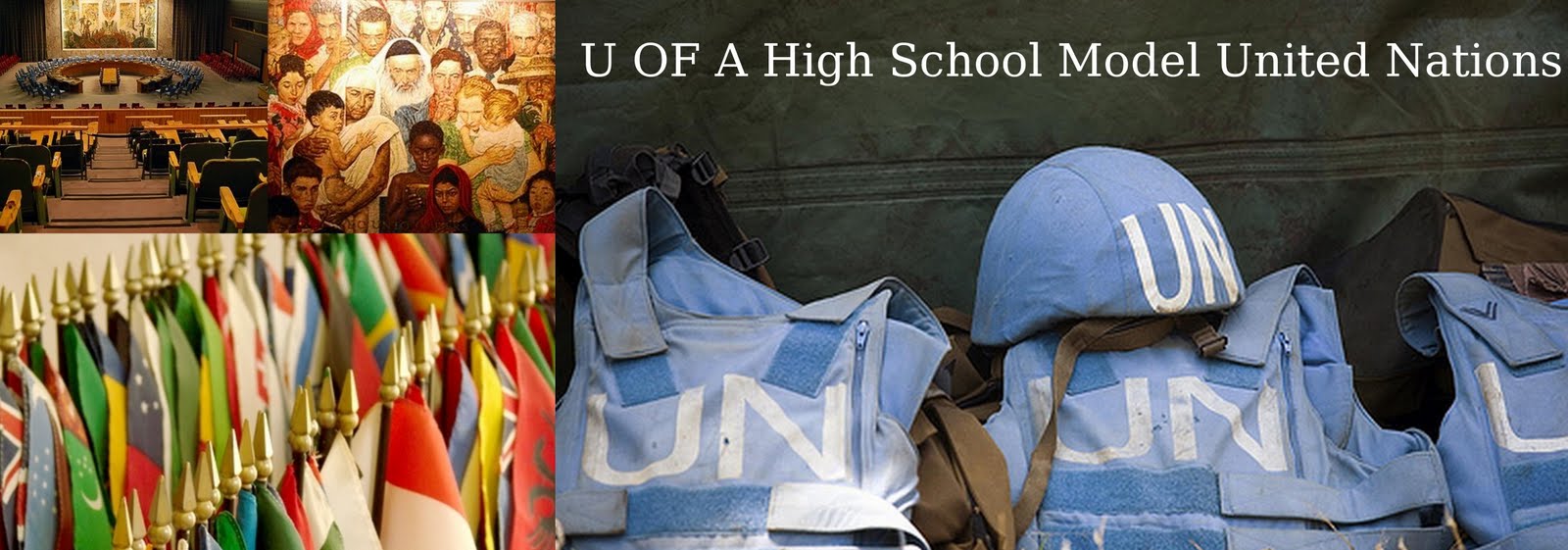
I'm currently taking a class on recent Russian history (from Gorbachev to Putin) which has made me realize just how much spin the Western media places on stories dealing with Russia despite the Cold War being long over. This recent article from Foreign Policy was an important reminder to examine media reports critically. In it Charles King, who recently wrote a book on the history of the Caucasus, argues that Georgia really wasn't as innocent and helpless as the Western media portrayed in the recent conflict with Russia over South Ossetia. Of course, Russia has also escalated the situation in recent years by issuing citizenship to South Ossetians, a rather brazen move by any accounts. However, with organizations such as Amnesty International now blaming both sides in the conflict it appears that the United States will have to keep a close watch on its small ally and prevent President Mikheil Saakashvili from making any more rash decisions.

In fact, while Russia's relations with the historically troubled Chechnya have stabilized in recent years, the Republic of Ingushetia, sandwiched between Chechnya and Georgia, has become increasingly hostile towards Moscow. Medvedev's handling of the situation in Georgia, Chechnya and Ingushetia will bear close watching as Russia continues to find its place in the international community and strives to maintain its influence on ex-Soviet republics.
A few articles on Russia and the Caucasus:
Mayor killed in North Ossetia - New York Times: A short news article detailing the recent assasination of Vitaly Karayev and how the Kremlin will be handling the investigation.
The Wild South - The Economist: A brief overview of the situations in Chechnya and Ingushetia
Enigma Variations - The Economist: The paradox of Russia - burgeoning nationalism throughout the country coupled with a growing disparity between the rich and poor. Even the Georgians have it better Russia soldiers discover.
Georgia accused of targeting civilians - The BBC: Evidence of war crimes during the attack on South Ossetia
Georgia-Russia Conflict - The BBC: For those looking for some basic background on the recent conflict.
Seven Questions: Russia's Big Mistake - Paul Goble: A short interview from a regional expert from the CIA on his view of the Russia-Georgia conflict.
Russia and Venezuela sign accords - New York Times: It appears Russia is attempting to regain some influence in Latin America although it may have to fight China for the distinction.






